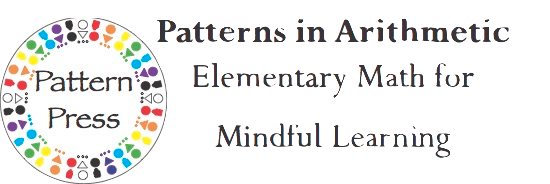Michael Butler was Director of the UCI Farm School for thirty years. He is Professor Emeritus of Social Sciences and former UCI Dean of Undergraduate Studies. He has received UCI awards for best teacher and outstanding administration, and in 1995, the Daniel G. Aldrich Distinguished University Service Award.
The following note about the creation of the Farm School was written for a University publication after receiving the Aldrich Award.
History & Philosophy
A Note from one of the cofounders:
MICHAEL BUTLER
Professor Emeritus of Social Sciences
Former Dean of Undergraduate Studies
Former Director of the Farm School
Daniel G. Aldrich, Jr. Distinguished University Service Award, 1995
Creative activity and its cross-links with teaching are resonant themes for me. At UCI I have been a professor and administrator, but on the side I’ve led another, wholly unexpected life: directing an experimental elementary school in the University for over 25 years. The philosophy that animates the school grew out of reflection strongly shaped by studying, teaching, and working in research universities, most notably this one.
In the late 1960s I was a very junior professor, and although I had long been fascinated by the act of learning, UCI was the first place I taught. Among other things I taught mathematics. The experience was immensely rewarding but unsettling. I thought of math as beautiful, richly ordered, and fun. Most of my students in those required courses appeared to think of it, at least at first, as arbitrary, impenetrable, incoherent and dull; some of them found it scary. A few students happily explored the distribution of a sample statistic, for example, pushing and pulling at it to see how it worked, but they were regarded as having a peculiar knack. There was no shame in not having it; that was just the luck of the genetic draw.
Or did the attitude of the others toward math have to do with the way they had been educated? Their reports of their pre-college math study matched what I found when I started visiting elementary and high schools and reading texts of that era: my students had been spending most of their time memorizing calculation recipes and learning to run them more or, often, less well. But that wasn’t at all what the kind of people who had discovered the math did. Mathematicians look for and find patterns in formal objects, extend them, seek counter-examples, figure out why the patterns work, and then, finally, publish a conventionally constrained account of one way that they work. The last is the public part, but the rest is what they do. Almost none of my undergraduate students seemed to have had much experience with that. There was an odd disjunction between what practitioners did and what we asked students to do, a disjunction that was deeper and odder the more you looked at it. It was as though we had plucked the fruit “mathematics” for use in schools, peeled it, and fed students the rind instead of the flesh.
Much the same thing seemed to be true in other areas. What working historians did, for example, or scientists, was rarely much like what schoolchildren did, so it wasn’t surprising that undergraduates found it hard to think that way when asked. Again, it was as though we had discovered what it was that delighted practitioners, that drew them to their discipline--and in fact kept it a discipline, a thing that people were willing to spend their lives in, over generations--and having found these sources of delight in practice, we threw them away and taught the residue.
So we and the times and UCI being young, and there being some farmhouses available on the edge of the campus, some of us made a school to redress these wrongs. We wanted a school where children would learn to do what finders and makers do, not just master more or less badly and mechanically some scattered things they have worked out. The students would ideally acquire some of the skills and habits of mind of mathematicians and historians and writers and scientists and artists--even learn to do what good thinkers do when they are thinking well, independent of a particular practice; and they would learn to find matter of interest in and around themselves, and to develop and sustain those interests, as creators of new art and knowledge must do. These were not the only aims of the School, called the Farm School, but they were central.
